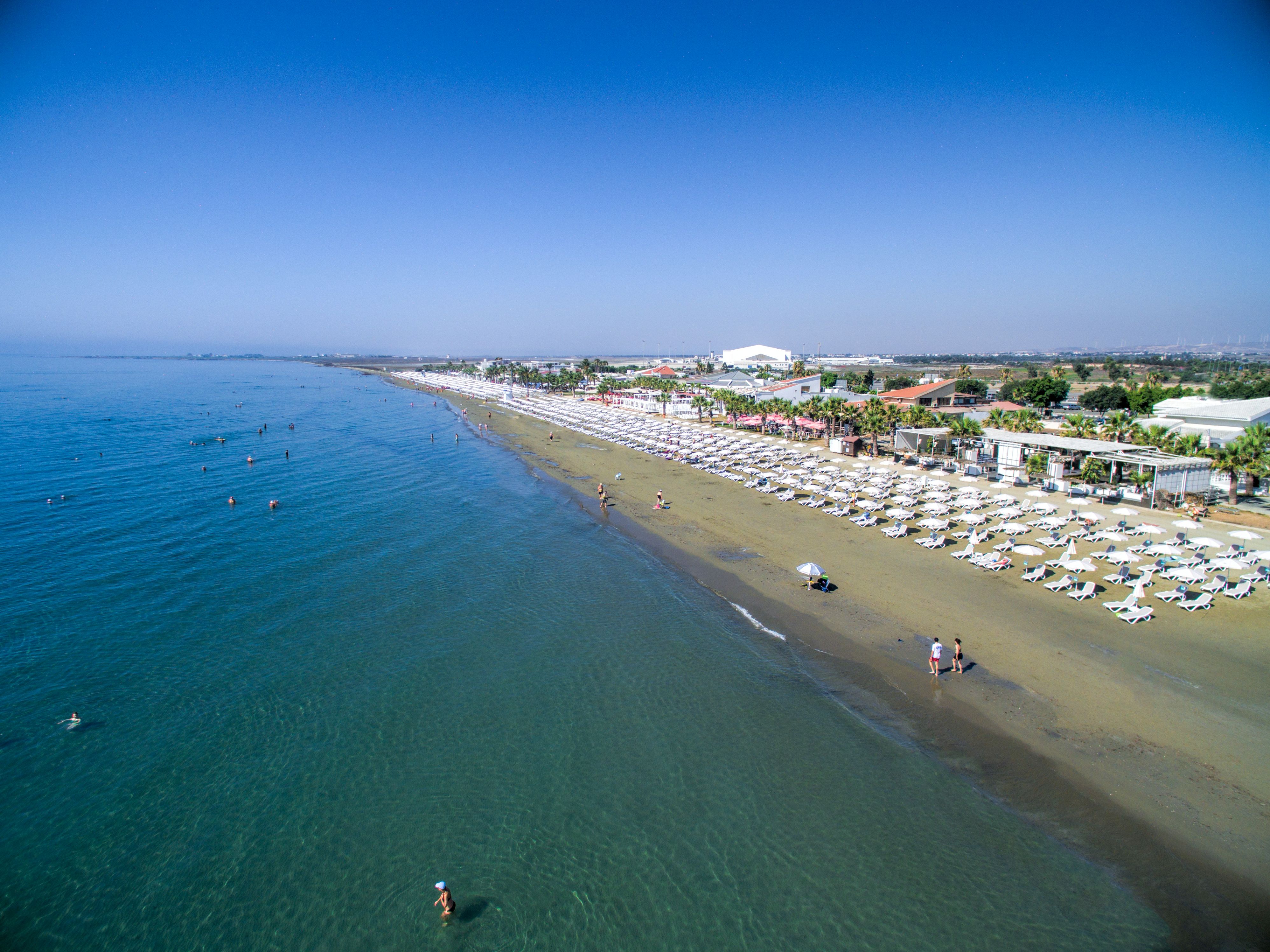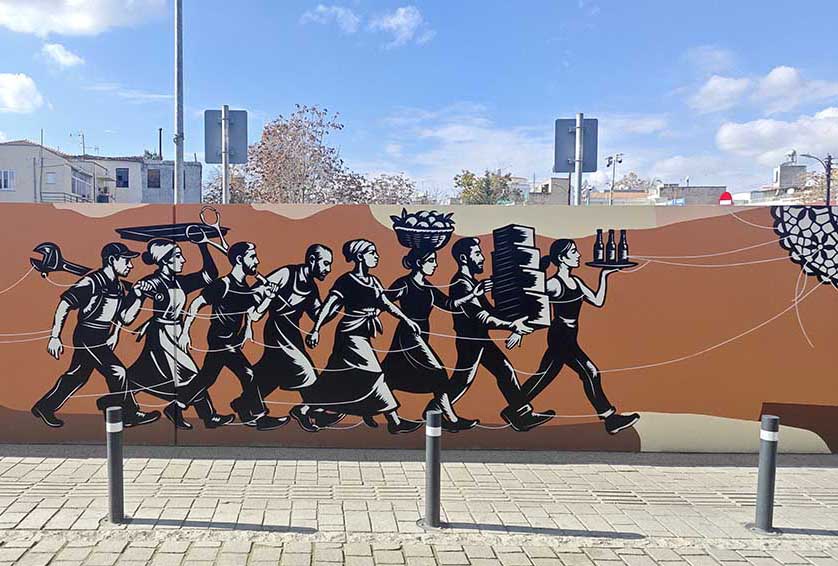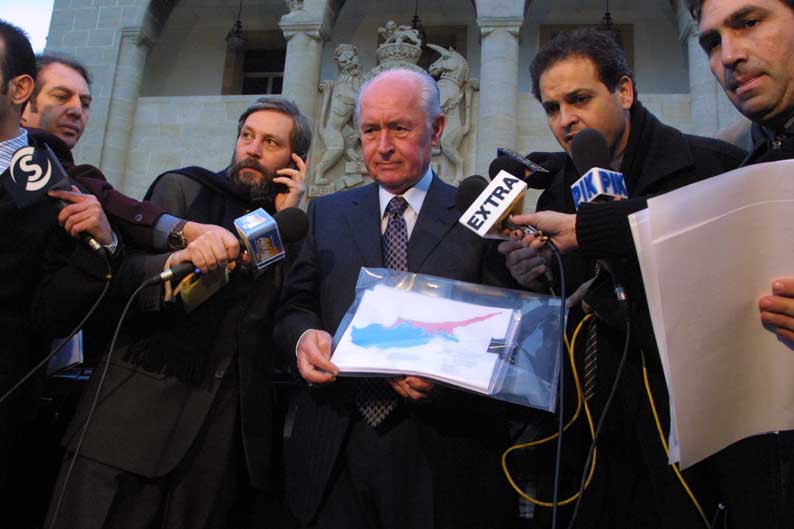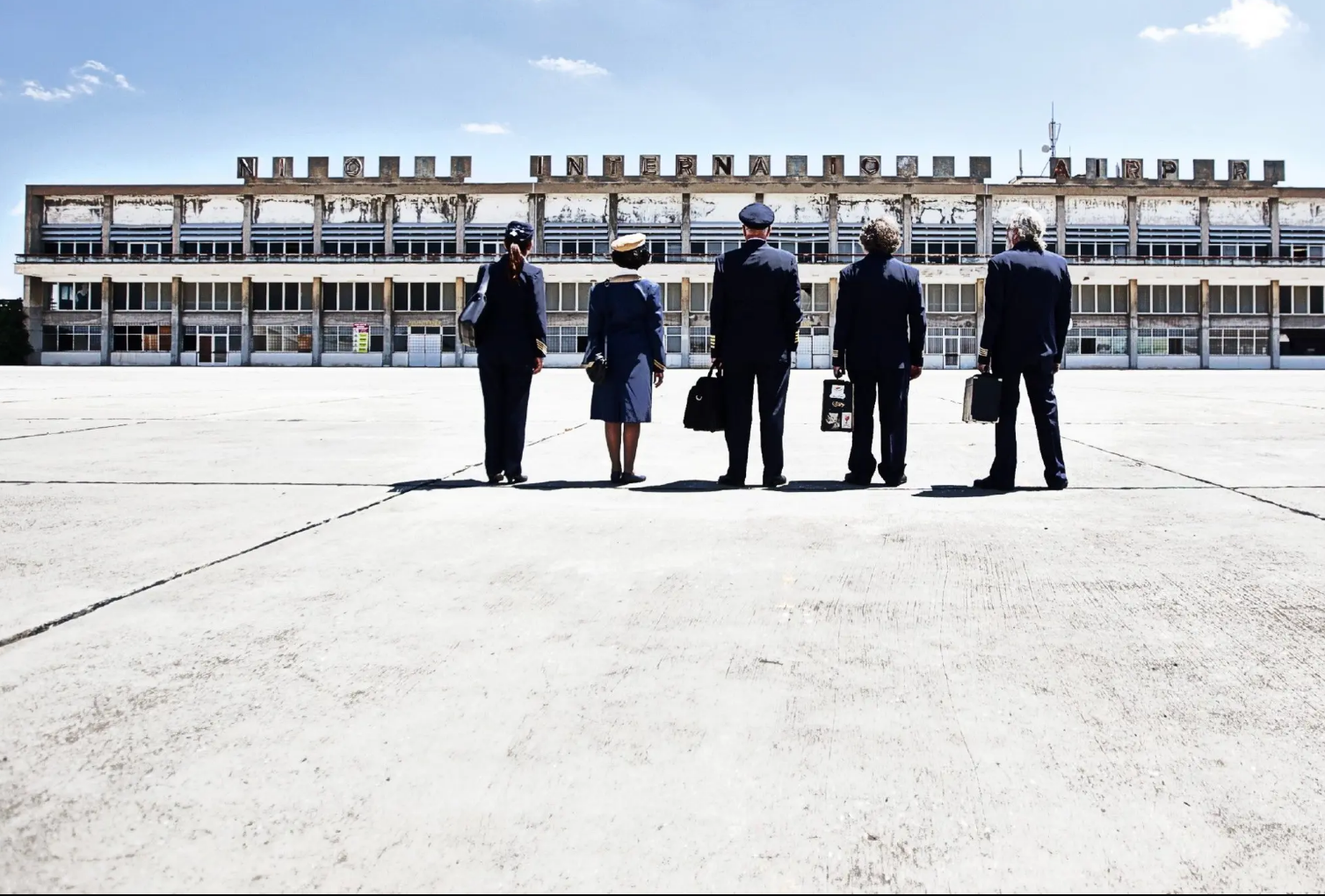A significant decline of 24 per cent was recorded in the number of building permits issued in Cyprus in January 2025, when compared to the same month in 2024, according to data released by the Statistical Service.
The total area covered by these permits also saw a decrease, although the total value of the permits registered an annual increase.
Specifically, the number of building permits issued in January 2025 stood at 446, showing a reduction of 24.0 per cent compared to January 2024.
Despite this drop in permits, the total value of these authorisations reached €230.8 million in January 2025, marking an increase of 4.3 per cent from €221.2 million in January 2024.
The event, titled “Mergers and Acquisitions of Small and Medium-Sized Enterprises (SMEs) in Cyprus”, will take place on Wednesday, May 28, 2025, from 15:00 to 17:00.
It will be held on the first floor of the Keve headquarters in Nicosia and will be conducted in Greek.
Organised in collaboration with Hellenic Bank, the event aims to inform and encourage SMEs to explore strategic collaborations through mergers and acquisitions as a pathway to growth and enhanced competitiveness.
The event will be held under the auspices of Hellenic Bank and will feature the participation of Finance Minister Makis Keravnos.
For the second consecutive year, CAPSBOLD returned as the festival’s official marketing partner, this time sharing a joint booth with the tech company SPORTSOFT under the theme ‘Agencies of the Future: Where Marketing Meets Digital’.
According to the organisers, the evening was dedicated to cultivating success stories in innovation, with networking opportunities among founders, investors, and key stakeholders from the broader ecosystem.
Deloitte, through its Innovation and Entrepreneurship Centre (IEC) in Cyprus, has long supported innovation across the region. ARIS, a non-profit accelerator curated by the IEC and established in association with Deloitte, also reflects the company’s commitment to helping early-stage ventures scale.
Held under the theme “Cyprus – Greece – Israel: Spurring Resilient and Multilateral Collaboration with the Region”, the summit was organised by The Economist and brought together key political and financial leaders from across the Eastern Mediterranean.
Freedom Holding Corp., a platinum sponsor of the event, champions cross-regional connectivity and uses modern technologies, including artificial intelligence, to make global financial markets more accessible.
Turlov highlighted Cyprus’ dual advantage as a geographical and regulatory bridge, particularly between the United States and Central Asia.
“We came to Cyprus because we were looking for a gateway that could translate between US and Kazakh regulatory languages,” he said.
“Cyprus made sense – it follows European regulation and shares a common law foundation similar to the US, making it easier to build trusted relationships and connect with global financial institutions.”
The event was co-organised by the Cyprus Chamber of Commerce and Industry (Keve) and the Hungarian Embassy in Nicosia, in cooperation with the Enterprise Europe Network Cyprus (EEN).
It brought together policy officials, innovators and business leaders with the aim of strengthening bilateral cooperation on sustainability and innovation.
Agriculture Minister Maria Panayiotou, attended the event, alongside ambassador of Hungary to Cyprus, Krisztina Lakos, who underlined the importance of building closer partnerships between the two countries, particularly in fields such as agrotechnology and sustainable industrial development.
Frozen molluscs and fresh meat recorded the steepest monthly price increases in April, up by 14.1 and 10.7 per cent respectively, even as inflation slowed to just 0.2 per cent, according to the latest price observatory by the Consumer Protection Service.
The data, published on Wednesday, shows that overall inflation eased significantly from 1.6 per cent in March and 1.9 per cent in February.
Still, the cost of several basic consumer goods continued to rise, with fresh meat and seafood among the top drivers.
Compared to April 2024, frozen molluscs and shellfish are now 16 per cent more expensive, while fresh meat has climbed 15.7 per cent year-on-year.
Other items that saw monthly increases include sugar, which rose by 3.4 per cent in April compared to March, though its price remains 15.1 per cent lower than the same month last year.
Household saving rates across the European Union are projected to stabilise in 2025 after recent volatility driven by economic uncertainty, according to the European Commission’s Spring 2025 Economic Forecast.
The forecast highlights varied national trajectories, with countries like Cyprus, Portugal, and the Netherlands expected to see increases, while others, such as the United Kingdom and Greece, are forecast to experience declines or stagnation.
For Cyprus, the household saving rate is projected to rise to 11 per cent in 2025 from 10 per cent in 2024, continuing a steady upward trend after the country recorded a low of just 3.4 per cent in the 2011–2015 period.
This increase signals improving economic confidence and income stability among Cypriot households.
Germany, historically among the strongest savers in Europe, is forecast to maintain high household saving rates at 20 per cent in 2025, slightly down from 20.1 per cent in 2024.







Click here to change your cookie preferences